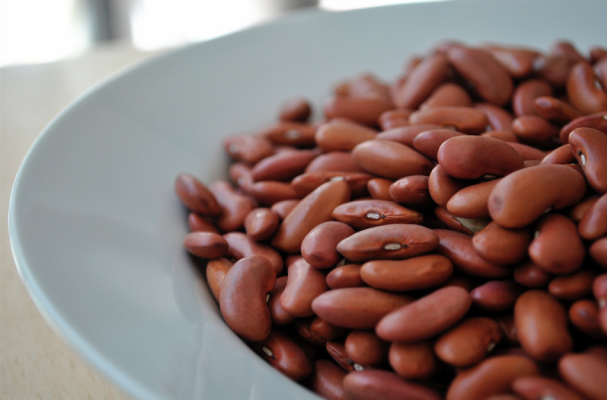
Long ago, food lore decreed that salting beans during the cooking process to avoid a crunchy, uncooked pot of legumes. I have taken this piece of culinary advice to heart until very recently. When I started exploring bean cookery for this series , I discovered that much of the knowledge I held as truth was wrong. Actually, not necessarily wrong, but there are better ways of cooking beans. Salting beans has always been described as a big "no-no" in a plethora of cookbooks. But after much scientic research (cooking beans with and without salt), I have found this to not be the case.
Food scientists such as Harold McGee from On Food and Cooking, recommend brining the beans (adding salt to the soaking liquid) and then adding salt again during cooking. According to the theory, the salt helps break down the ions in the skin which then allow more water to penetrate the bean and cook them faster. LA Times food editor, Russ Parsons, also agrees (albeit less scientifically), that salting beans in the beginning yields a more flavorful end result. He suggests adding about a teaspoon of salt per every pound of beans. He found that he had to add twice as much salt to an unsalted pot of beans than to the initially salted pot to reach a comparable level of saltiness.
So if salt isn't the culprit to hard beans, than what is? Hard water and acidic ingredients (like tomatoes and lemons) can be blamed but mostly it is cooking with old beans that have been dried for just a bit too long. Do your own experiment and hopefully you will find the results as surprising as I did.
Image Sources:










